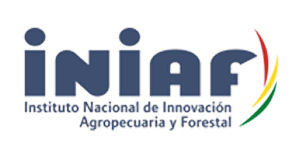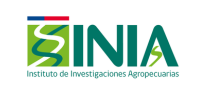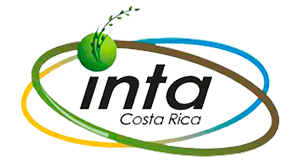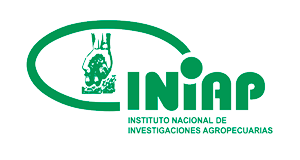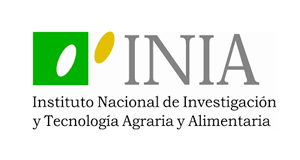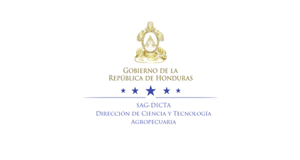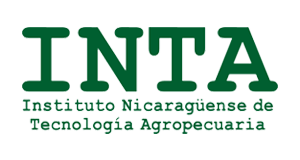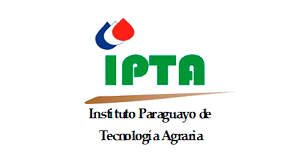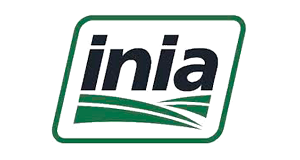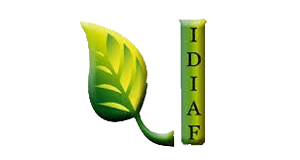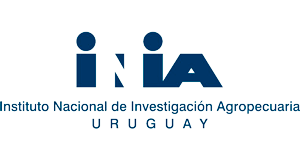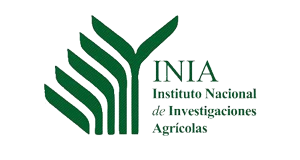Agroforestry in the Dominican Republic
Analytical study of innovations in agroforestry that could contribute to sustainable rural development, vulnerability reduction and adaptation to climate change in river basins occupied by smallholding agriculture in the Dominican Republic.
Context of the story
The Dominican Republic and the IDB agreed to execute an Agroforestry Development Program (ADP) in rural communities of seven watersheds, aimed at (i) increasing food security, income and productivity through forestry, agroforestry and silvo-pastoral technologies; (ii) increase forest cover; (iii) strengthen the management capacity of peasant organizations; and (iv) increase resilience to climate change. The IDB required a consultancy to evaluate the technologies proposed by the ADP and propose sustainable and resilient agroforestry alternatives as a reference for a new ADP.
Experts assess agroforestry innovations
The implemented initiative
With FONTAGRO´s support, CIRAD and ICRAF evaluated the proposed ADP and suggested locally adaptable, sustainable and resilient technology options for a modified ADP. The consultancy, which gathered the opinion of farmers and other actors, was oriented to:
1. Define the problems considering the agricultural, social, economic and environmental context in each watershed.
2. Identify appropriate agroforestry systems and the conditions that facilitate their adoption.
3. Evaluate the economic and environmental viability of the options identified.
Agroforestry as a sustainable innovation
The technological solution
The consultants evaluated the technological packages proposed by the ADP and suggested potentially sustainable and resilient agroforestry alternatives to cope with climate change. Expert knowledge was applied to the analysis of the local socio-ecological, agricultural, socio-economic and environmental context, which was supported by interviews with farmers and local actors. A database was analyzed, field visits were carried out and a comparative analysis between field observations and documentary information was conducted. While the original ADP suggests simplifying current agroforestry systems, based on coffee and home gardens, along with a reduction in cultivated biodiversity and introducing intensive monoculture of avocado, cocoa and mango with greater input use, the consultancy proposes five diversified agroforestry options, based on coffee, cocoa and avocado, which would allow a sustainable transition between current systems and the intensive model proposed by the initial PDA.
“It used to rain more often. Now with deforestation it rains less; but when it rains there is more erosion damage”
Participating countries
Results
The study proposes five agroforestry packages: simple coffee, complex coffee, simple cacao, complex cacao and avocado, differentiated by varieties, planting density and associated crops. Its implementation requires making a typology of producers by sub-basin, zoning of climates and soils, carrying out a transitional transfer and an environmental and agricultural integration, and designing a marketing and monitoring strategy. The impact will occur in the future in the project areas after its execution. The area to be intervened is 21759 ha within 10 years. The beneficiaries will be the rural communities of the seven river basins considered in the proposal.

 Back to the project
Back to the project United States
United States Argentina
Argentina Bolivia
Bolivia Chile
Chile Colombia
Colombia Costa Rica
Costa Rica Dominican Republic
Dominican Republic Ecuador
Ecuador Honduras
Honduras Nicaragua
Nicaragua Panama
Panama Paraguay
Paraguay Peru
Peru Spain
Spain Uruguay
Uruguay Venezuela
Venezuela

